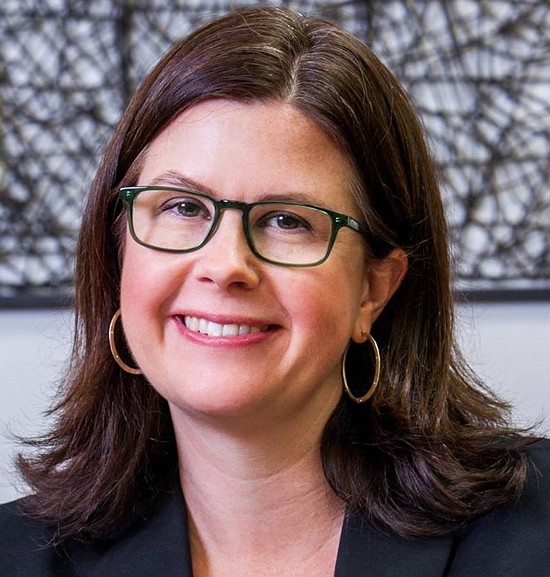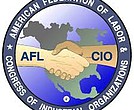City Council weighs employee pension proposal
Jeremy M. Lazarus | 9/7/2023, 6 p.m.
City Hall is proposing that new employees be enrolled in the state’s pension system effective Jan. 1, according to a lengthy report City Council received Tuesday.
If supported by the council, the move would represent the first step in phasing out the city’s retirement system in favor of having workers secure pensions through the wealthier Virginia Retirement System.
The city is one of only seven Virginia communities that still has an independent retirement program as most already rely on VRS. The changeover to VRS is seen as assisting with recruiting employees and in improving retirement income.
Mayor Levar M. Stoney’s administration is hoping for a positive council vote as early as the Sept. 25 meeting to begin the process of phasing out the Richmond Retirement System, which will continue to operate only for retirees and current employees who choose to remain members.
The change also would require approval from the VRS board.
At this point, Vice President Kristen Nye, 4th District, is hoping to take more time so the date for a council vote remains tentative. A majority of the nine council members would have to be interested in making the shift happen more quickly so it could be effective in 2024.
The main advantage for Richmond employees who enroll in VRS would be better retirement benefits. VRS provides up to a 3% cost-of-living increase each year and also a higher beginning pension.
Historically underfunded, the Richmond Retirement System has provided only one small cost-of-living increase in the past 10 years and uses a lower ratio than VRS to determine the initial pension.
Still, this is a complex issue, the report notes in stating that employees who are now enrolled in the Richmond Retirement System will need to make their own personal decision about whether to move to VRS or stay in RRS.
The proposal calls for the city to spend $1.3 million a year to beef up employee paychecks so that everyone makes a 4% pension contribution to either the city or the state pension plan.
In addition, the city plans to borrow $100 million through pension obligation bonds to enable RRS to reach an 80 percent funded status, up from the current 67%.
Sabrina Joy-Hogg, the city’s chief financial officer, said pension obligation bonds will be employed whether or not the shift to VRS happens.
According to the report, the use of pension obligation bonds would save on the amount of cash that annually must be transferred from the general fund to the pension system, and that savings would create a stream of revenue to repay the bonds.







